|
An appealing conception centered around the mid-life crisis archetype, Vinterberg's Another Round is an intriguing foray into personal stagnation and the ennui associated with diurnal rhythms yet I found its dramatic aims to be ultimately too prescriptive and predictable. Mads Mikkelsen elevates this film substantially and at its best, Another Round captures the importance of seeking pleasure in experience despite the monolithic milieu intrinsic to modern day-to-day life and yet it becomes entangled far too much in a moral dilemma that isn't earned. How the film details the perilous nature of Alcoholism ultimately relies on a level of didactic scolding that just feels unnecessary, coercively grafting hardline dramatics onto a story that would have been better served as an ethereal investigation into the necessity for internal equilibrium between pleasure and responsibility
0 Comments
The existential search for meaning. How we construct notions of truth and conceptualize existence in an attempt to obfuscate our collective anxiety and our utter lack of control over mortality. An end-of-the-world story rarely has such a light, tender touch, as Kurosawa interlays aspects of Invasion of the Body Snatchers and Starman into a narrative framework in which the thematic aims are deeply rooted in larger existential concerns. Deploying a bifurcated narrative, Before We Vanish manages to invoke a sense of dread, unease, and danger while still providing existential inquiry and emotional poignancy. Kurosawa's formal mastery is perhaps a bit subdued but still prevalent, and tonally the film just carries a lightness to it that is hard to qualify, intentionally lacking the same sense of dread-induction one tends to expect from the great Japanese filmmaker. Managing to effectively excavate the complexities of living through its end-of-the-world motif, Before We Vanish is a fascinating and singular treatment of a familiar story construct
The interconnectivity of experience, Lemohang Jeremiah Mosese's This is Not A Burial, It's a Resurrection is a rejection of the false dichotomy between the communal and individual, offering up a profound and incisive portrait of resilience and resistance that assuredly recognizes the confluent relationship between the spiritual and material nature as it relates to the conception of community. Set at the edge of encroaching modernity, This is Not A Burial, It's A Resurrection utilizes a story of individual loss to great effect, illustrating how the spark that ignites communal action doesn't often come from collective catharsis but through ontological actualization. The individual and the collective are intertwined, reciprocating forces, and through the manifestation of the internal experience outward, the abstract nature of community is actualized and emboldened around mutual desire and shared traditions. The film's stunning denouement explicitly reveals this idea, our principal protagonist effectively becoming a martyr due to her unwavering conviction, one that is informed by both personal and communal experience. Moses's directorial precision is something to behold, constructing a rapturously effective aesthetic that manages to evoke the intimacy and personal trauma of its central protagonist while simultaneously eliciting the grandiose ubiquity of the elemental and its analogous relationship with humanity. This is Not A Burial, It's A Resurrection is a story of community and tradition and its subjugation and subservience to the forces of capital, yet through its deeply personal story of trauma, the film creates one of the more interesting studies of the relationship between individuals and the collective I've seen in some time, illustrating how collective consciousness is often ignited by individual fortitude. A visually stunning work that I'm so sad I didn't get to see in a theater.
Rooted in progressive unsettlement more than outright violence or explicit terror, Devereux Milburn's Honeydew is an assured directorial effect that effectively creates an atmosphere of unease and an immersive panache. The vision by Devereux Milburn deserves praise, as the formal stylings he deploys are rooted in the familiar but are largely distinctive and signal a singular directorial vision. Where Honeydew struggles with me in its inability to be self-reflexive. The whole film borders on over-indulgence, never really establishing a sense of purpose beyond atmosphere induction and subversive imagery which is perhaps why it largely struggles to sustain itself. It ultimately feels long and ultimately like nothing more than an exercise in style and atmosphere but I'd be lying if I didn't say I'm intrigued by Devereux Milburn and curious to see what he does next after this effort.
Imbued with an earnest optimism about our communal nature, Stars in My Crown operates within an episodic-type narrative structure, one in which the exploits of a small town come into focus through the perspective of the town's unassuming Parson played by Joel McCrea. An evocation of community in which religion is reduced to its primal impulse - faith - Stars in My Crown exhibits an honesty about the wonderment and tragedy intrinsic to life, where good & bad are not necessarily in contention but counterbalances to existence. The sequence towards the end of the film where racial tension is defused through the Parson's underlying faith in not only god but humanity is an incredibly constructed sequence, perhaps being one of Tourneur's very best. Very much in the vein of John Ford, Tourneur sculpts a heartwarming story of a small town in which strife and contention are plentiful but ultimately manageable due to the deeply embedded human necessity for commonality that exhibits faith in the goodness of humankind.
Antithetical to the coming-of-age archetype, Shinji Sômai's Typhoon Club seems to suggest that any right-of-passage intrinsic to these stories is largely a fabrication, one rooted in the deceitful ideal that adulthood provides any semblance of understanding about the anarchic nature of living. A subversive story centered around youth that provides a stark contrast to Sômai wonderful film Moving, Typhoon Club feels like a repudiation of transcendence often associated with going from childhood to adulthood, constructing an edifice of joviality and youthful exuberance that slowly reveals itself to be nothing more but a facade. Constructed along what I would describe as a comedic framework, the directorial precision here is rooted far more in horror sensibilities, subtly invoking a brooding sense of unease, unrest, and melancholy that slowly reveals itself as the film's loose narrative framework progresses. In key scenes of interaction, the camera's gaze often comes from a significant distance, evoking the underlying loneliness of its characters in a way that also offers an interesting subtext - whether a child or an adult, we as individuals are alone and seeking a sense of connection or identity in this finite, temporal reality of material existence. Devoid almost entirely of parental figures, their absence itself doesn't signal nihilism but a rejection of the control they provide amongst the chaos of life itself. The adult characters in this story offer no refuge, no sense of direction or stratifying source of direction, and I think what Shinji Sômai's is suggesting here is the simple concept that whether young or old, the nature of living is one rooted in uncertainty, chaos, and the attempt to find a sense of being.
A charming, infectious experience that perhaps isn't one of Hung's best films but one that feels like an important stepping stone, not only in Hung's progression as a director but dare I say for Hong Kong cinema as a whole. Blending the slapstick comedic sensibilities of Michael Hui (and American physical comedy) with the visceral nature of Martial Arts cinema, Winners & Sinners feels like a transformative moment, marrying comedy and action around a celebration of physicality in which the strictures of narrative are largely obfuscated. Featuring a murder's row of recognizable Hong Kong Talent, Winners and Sinners is imbued with a sense of freedom in its storytelling. It has a narrative yet it feels formless, organic to experience, and one that through its playful rhythms is hard not to walk away smiling from despite its limitations.
Traversing a narrative conception that could have divulged into overwrought social commentary, Derek Tsang's Better Days manages to instead transform its opening conceit around the bullying epidemic into a rapturous melodrama that exhibits an acute sensitivity towards teenage alienation and social distortion. Tsang brings a directorial vision that is familiar in its expressivity yet distinctive, managing to avoid self-indulgence due to an acute understanding of when to show restraint throughout a film that largely relies on kineticism for its formal style. Two great, symbiotic performances also elevate the film considerably, as Better Days avoids feeling didactic due to being imbued with the aura of a lovers-on-the-run film seeping with melodrama in which these two actors deserve praise. While the text of the film in its bookends feels more like agitprop or the type of didactic dribble that has more in common with a PSA than a film - perhaps coercively placed onto the film in post by an external entity - Better Days remains an assured and ultimately poignant story with an interesting subtext related to the inefficiencies of any authoritative apparatus that relies on coercion as its primary tool for social cohesion.
Youthful angst and abject nihilism informed by experience, Yu-min Kim's Yellow Hair feels like a crude affront to normative exhibitions of sexuality in Korean cinema. Told through a nihilistic youth narrative framework, the film's heavy deployment of graphic sex, relative to norms in South Korean film, embraces a punk rock ethos of rebellion against the status quos and certain norms of acceptability in society and the representational power of art. Exuding a heavy panache, Yellow Hair is an intriguing work in that it never feels the need to categorize these women through exposition or pretext. Ambiguous yet assured, the film's finale isn't completely earned but it does invoke a sense of warmth that cleverly subverts a film that largely embraces friction and perversity - these two women have each other, and perhaps it's all they need.
An explicit allegory about the pernicious nature of fascism and how it indoctrinates individuals through the systematic destruction of free will and personal autonomy, Mike De Leon's Batch'81 is a bold, incisive critique of authoritarianism that wonderfully deconstructs the necessity of violence it relies on to manifest itself. The narrative schematic deployed here - a group of friends goes through the hazing process of a fraternity in order to elevate themselves and their status - is far from subtle, yet it also provides ample opportunities for De Leon to question the nature of fascism as a social phenomenon. Eschewing false dichotomies related to collectivism/individualism that is often asserted in political discursion, Batch'81 detangles itself by taking a more purely sociological approach, observing through this allegorical story how the fascistic mindset relies on subservience and the application of authority. Oppression of the minority and normalization of particular modes of thought is at the root of the fascistic mindset, and the material conditions must be ripe for indoctrination to occur in which the individual subjugates themselves willingly to authority and the power it promises. Allegiance supplants morality, the attainment of power itself rests at the top of the hierarchy. It's the allure to such power or status that creates such subservience, and for the characters at the center of the story, they suffer through subjugation and violence, both physical and psychological, in order to achieve this status the frat promises them. In its denouement, Batch'81 suggests that appeals to authority and the strict social hierarchies of power rooted in fascism are symbiotic, breeding a perpetual state of violence, subjugation, and social strife throughout the society that will continue to plague humanity until we detach ourselves from such notions of living. A brazen, direct parable in which Fraternity hazing is a symbolic device for authoritarianism and fascism, De Leon's Batch'81 illustrates how under the authoritarian mindset violence is a necessary utility due purely to its efficiency; It's a means to an end, a horrendous mindset, and one that guarantees violence in society itself will remain in a state of perpetuity until we recognize that force while efficient is never morally just.
|
AuthorLove of all things cinema brought me here. Archives
June 2023
|
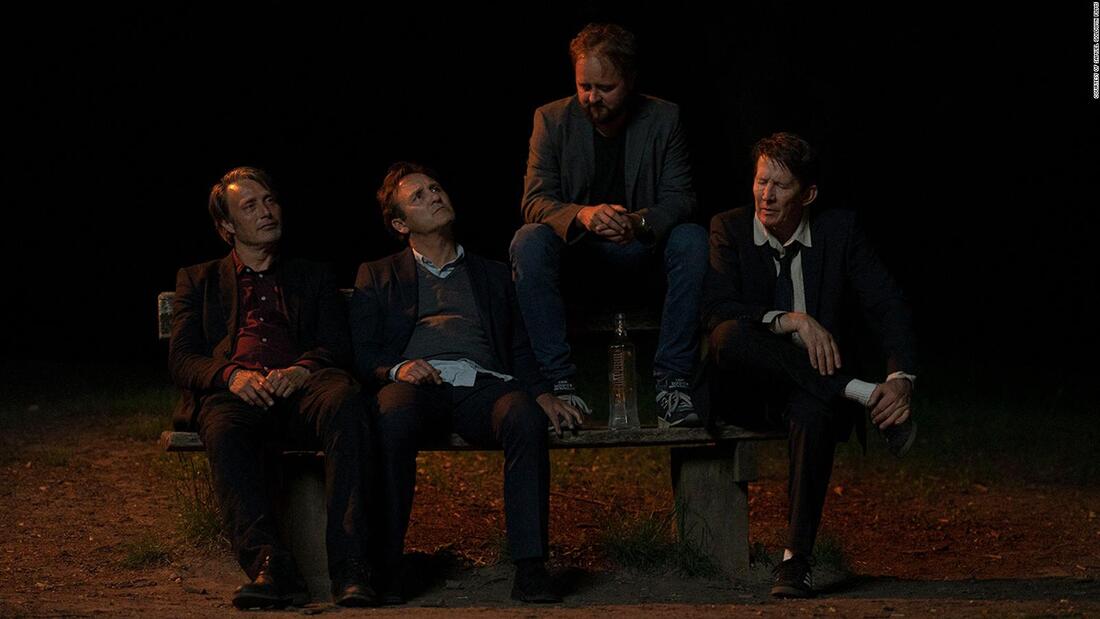
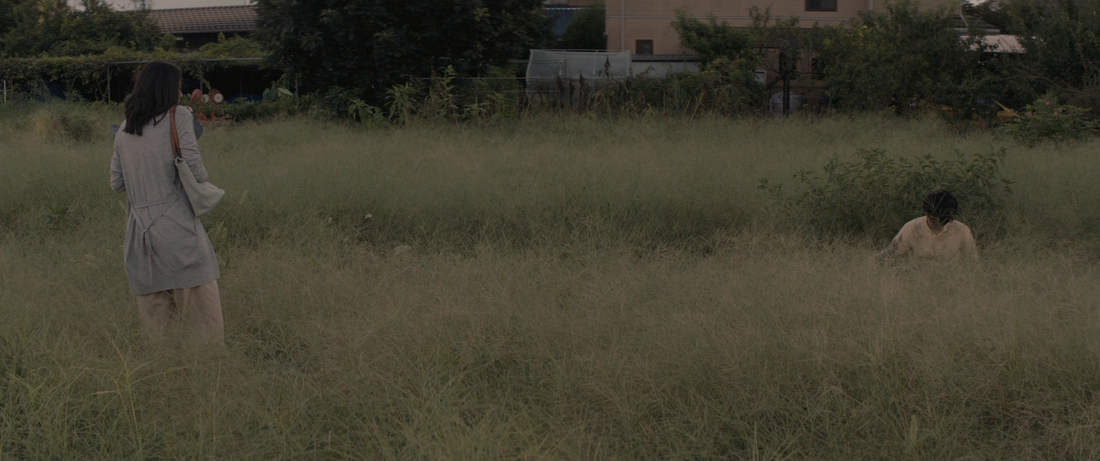
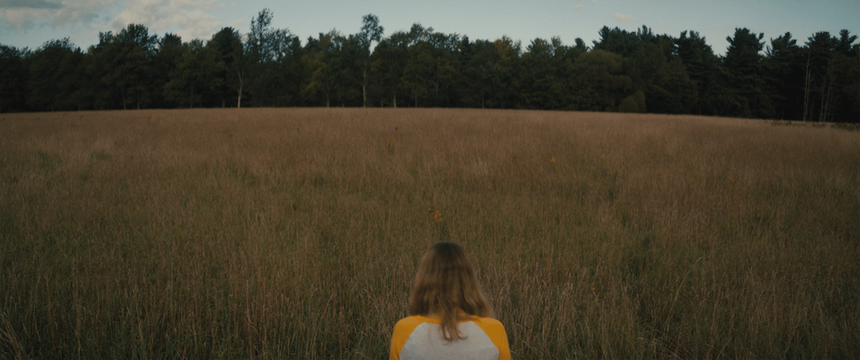
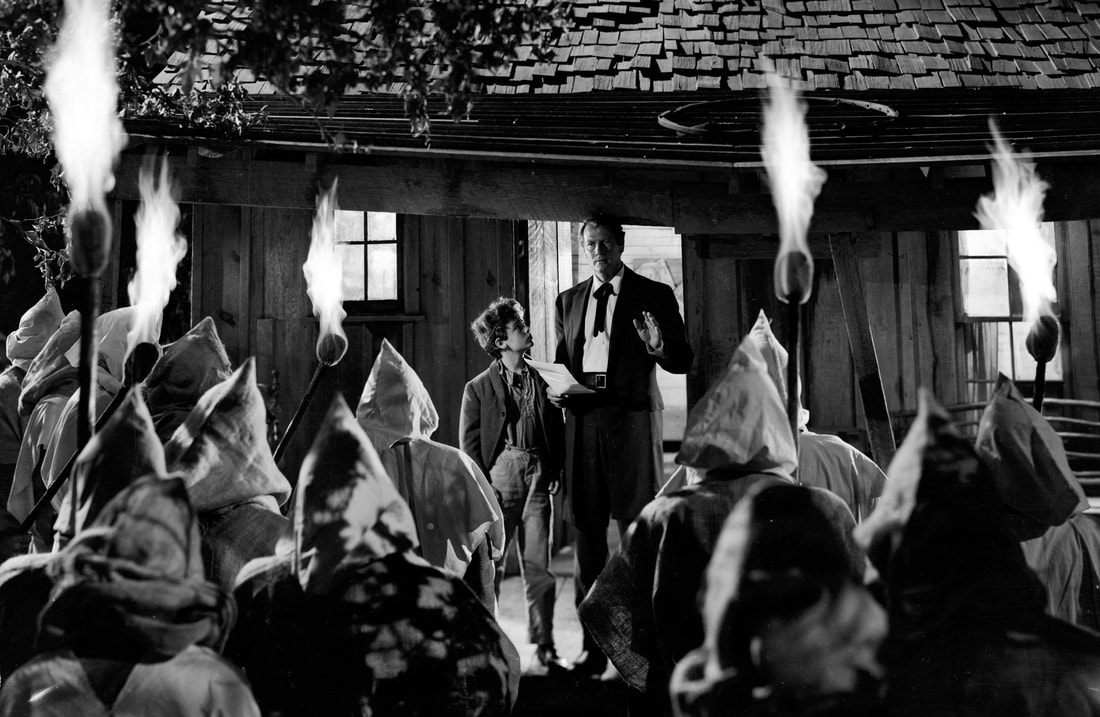
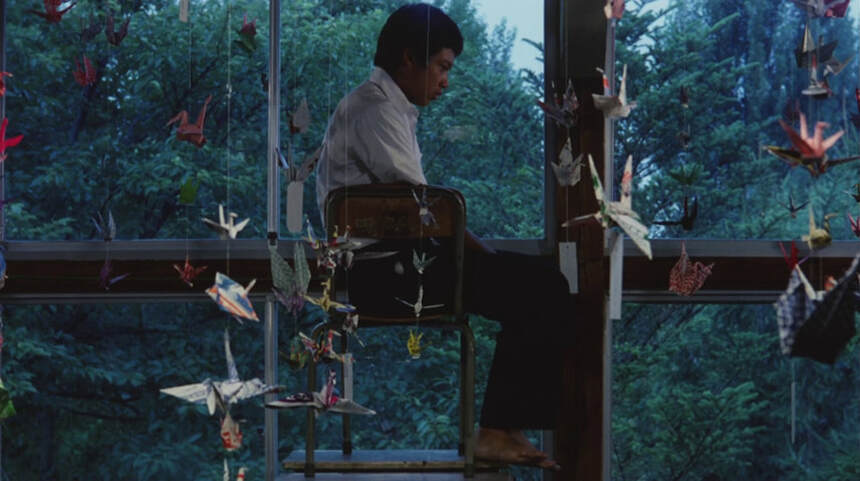
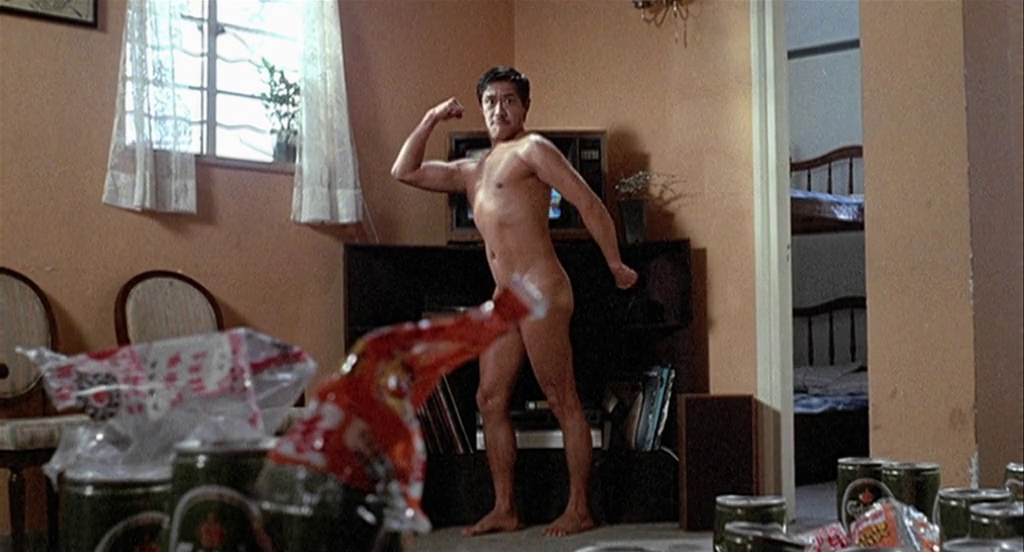
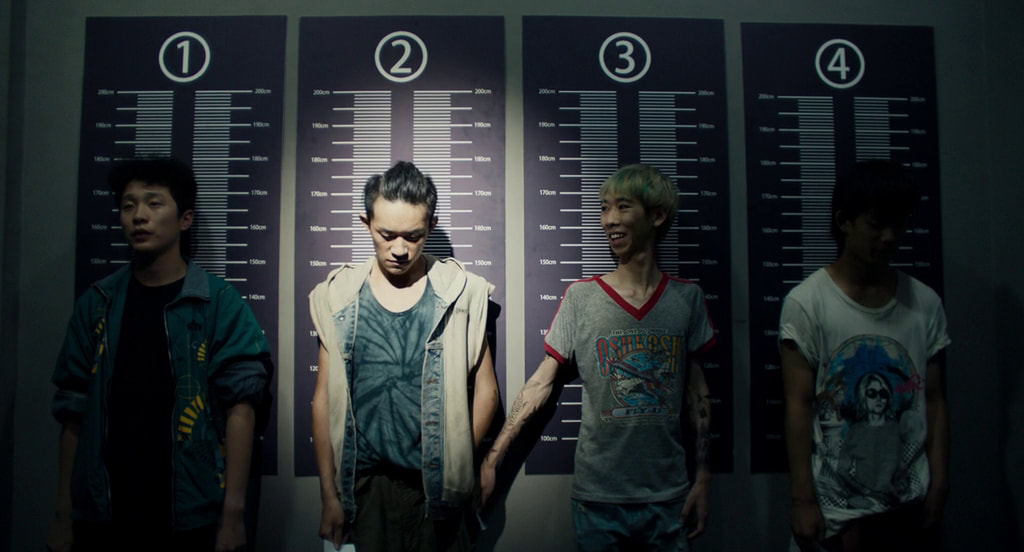


 RSS Feed
RSS Feed
